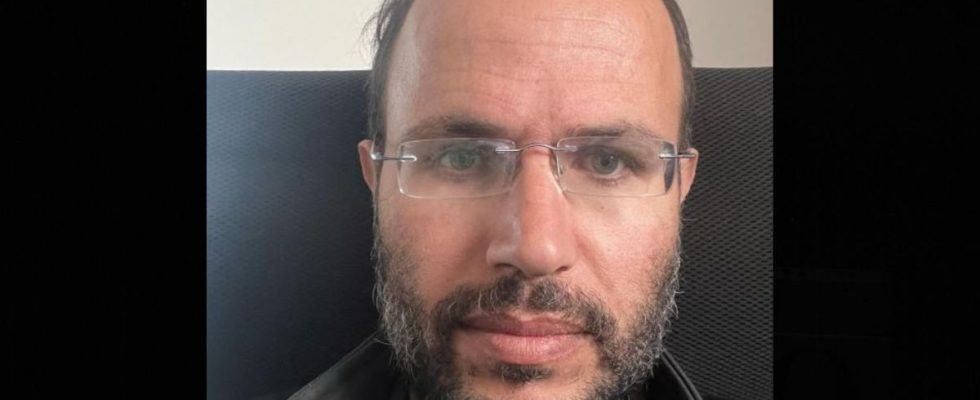He “only owned a pen.” Refaat Alareer was killed after deadly Israeli strikes in the north of the Gaza Strip, his relatives and the Hamas Ministry of Health said on the night of Thursday to Friday. But who was he? Why is he known? 20 minutes takes stock of his life.
Who was Refaat Alareer?
Refaat Alareer was a professor of English literature at the Islamic University of Gaza. The Palestinian poet had edited the book “Gaza writes back”, chronicles of life in Gaza by young Palestinian authors, and published “Gaza unsilenced”, not translated into French.
Passionate about Shakespeare, Refaat Alareer taught the work of the English tragedian to his students at the University of Gaza.
Why is he known?
He had published on The academic was one of the co-founders of the “We are not numbers” project, pairing authors from Gaza with “mentors” abroad who help them write stories in English on their daily lives. He was followed by more than 95,000 subscribers on X (formerly Twitter) after October 7.
Why is he a controversial figure?
Some of his statements have been criticized. On committed by Hamas men on October 7. The Islamist movement rejected these accusations.
Israeli doctors and officials say, for their part, that multiple acts of violence – including rape, gang rape and mutilation – have already been widely documented, supported by direct testimonies and forensic investigations. Refaat Alareer also sparked a controversy during an interview on the BBC by describing the attack of October 7 as “legitimate and moral”, comparing it “to the ghetto uprising [juif] of Warsaw” during the Second World War.
Why did he stay in Gaza?
A few days after the start of Israeli ground operations at the end of October, Refaat Alareer said he refused to leave northern Gaza, then the epicenter of the fighting. “There is no safe place in Gaza, that’s why he chose to stay in his house,” explains his cousin Mohamed Alareer, who lost “a lifelong friend, martyred.”
“The whole family asked him to leave because it was very dangerous but he always replied: ‘I am only an academic, a civilian, at home. I will not leave’,” confides this history professor, present Friday at his funeral. “The occupation [israélienne] is ruthless and has no regard for academics, doctors, teachers or journalists.”

